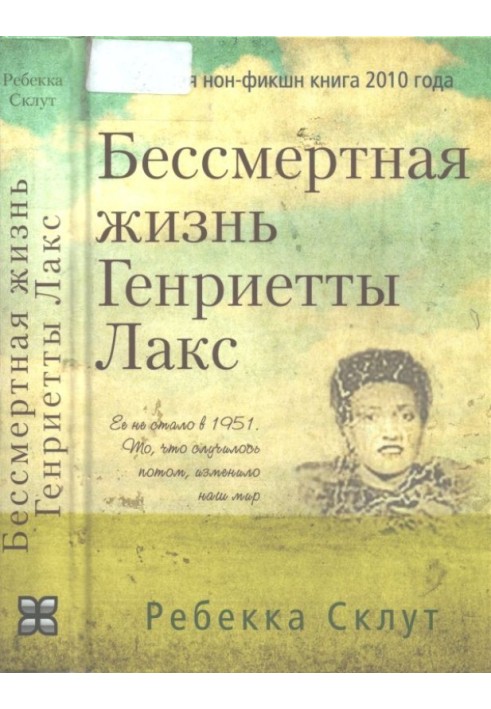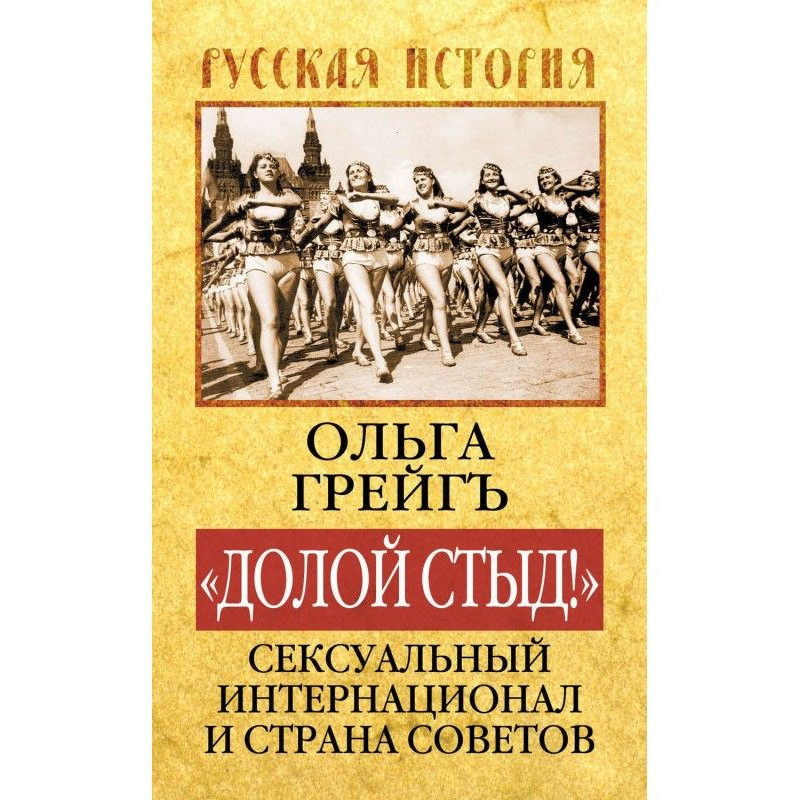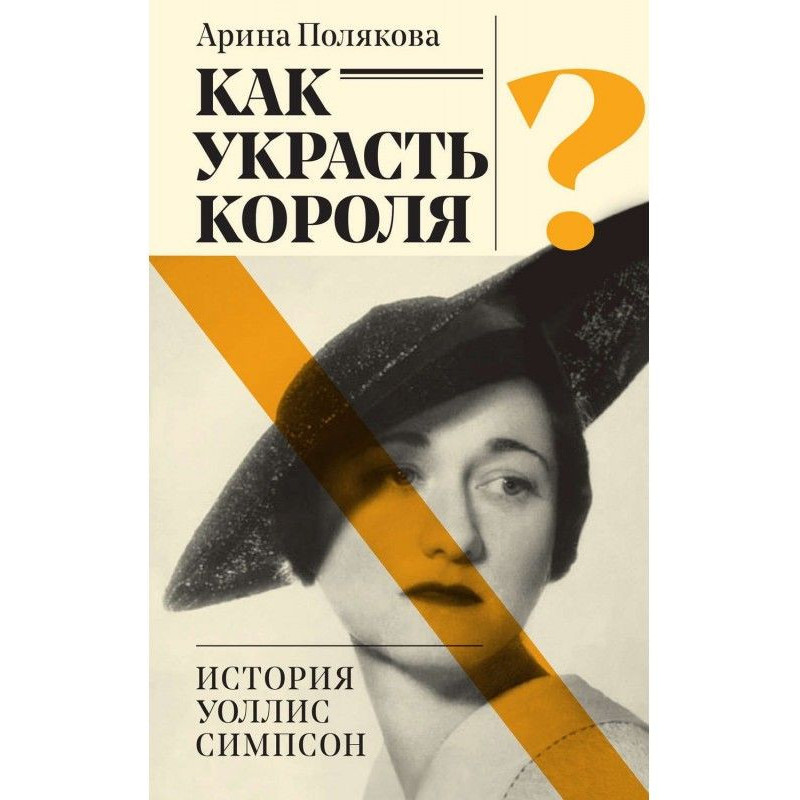The Immortal Life of Henrietta Lacks
 Instant download
Instant download
after payment (24/7)
 Wide range of formats
Wide range of formats
(for all gadgets)
 Full book
Full book
(including for Apple and Android)
The book that shocked the world in 2010. A bestseller that has broken all imaginable sales records. Who has the right to our body, or its parts, or biomaterial taken for analysis: we, doctors, scientists..? It was first possible to cultivate “immortal” cells in the human body in the 1950s. This literally turned the entire medical science upside down. HeLa cells helped develop vaccines against polio, reveal the secrets of cancer, viruses and the effects of a nuclear explosion; they helped make important steps in the study of artificial insemination, cloning and genetic mapping. And they inevitably became the subject of “buying and selling”: some became rich, others did not even suspect that “experiments” were being carried out on them. This book is a dramatic story about the fate of a simple the woman who gave the world her immortal cells, about honest and dishonest doctors, about legal battles, the birth of bioethics. A beautiful and dramatic piece of scientific research that you won't be able to put down. Portions of this book have appeared in various forms in articles: "Taking a Piece of You" in the New York Times Magazine (© 2006 by Rebecca Skloot); “Henrietta’s Dance,” Johns Hopkins Magazine (© 2000 by Rebecca Skloot); "Stop Patenting the Breast Cancer Gene," Slate's Double X (© 2009 by Rebecca Skloot).
Data sheet
- Name of the Author
- Ребекка Склут
- Language
- Ukrainian
- Release date
- 2012
- Translator
- Анна Яковенко
Reviews
Безсмертне життя Генрієти Лакс - це потужний та зворушливий твір, який змушує задуматися про етику в медицині та науці
Книга Ребекки Склот вражає своєю глибиною та змістовністю, розкриваючи не лише історію безсмертних клітин HeLa, але й людську долю жінки, яка стала їх джерелом. Автор майстерно поєднує наукові факти з особистими історіями, що робить текст не лише інформативним, але й емоційно насиченим. Читачі отримують можливість заглибитися в світ медичних досягнень, але також і в темні сторони, пов'язані з експлуатацією людей та їхніх тіл. Книга піднімає важливі питання про права пацієнтів, етику досліджень та цінність людського життя. Це не просто історія про клітини, а глибока розповідь про людяність, гідність і боротьбу за справедливість. Рекомендую цю книгу всім, хто цікавиться медичною етикою, історією науки та людськими історіями, які змінюють світ.














